Eight Items of Test Design of Lithium Battery Un38.3 and Their Importance Analysis
With the popularization of electronic products and the rapid development of electric vehicle market, lithium battery, as an important energy storage device, has attracted much attention for its safety and stability. UN38.3 is the international lithium battery transportation test and certify the safety of lithium batteries. This article will make a detailed analysis of the eight projects of lithium battery UN38.3 test design and discuss its importance in lithium battery industry.
-
Appearance inspection
the first item of lithium battery UN38.3 test is visual inspection. Visual inspection mainly includes checking whether the shell, logo, connector, etc. of the lithium battery are in good condition, and whether there are any damage, deformation or other abnormal conditions. The importance of visual inspection is to ensure that lithium batteries will not cause potential safety hazards due to external damage during transportation, and it is also helpful to trace the production quality and quality management system of lithium batteries. -
External Short Circuit test
external Short Circuit test is one of the key items in lithium battery UN38.3 test. The project aims to simulate the external short circuit situation that may occur during the transportation of lithium batteries and test whether they can safely withstand the external short circuit without causing fire or explosion. The importance of external short circuit test lies in ensuring the safety of lithium battery in actual use and transportation and reducing safety accidents caused by external short circuit. -
Overcharge test
overcharge test is to test whether the lithium battery can safely withstand overcharge without any abnormal situation during the charging process. The importance of this test item lies in verifying whether the charging protection device of lithium battery is effective and avoiding the safety problems of lithium battery caused by abnormal situations during charging. -
Over-release test
the over-discharge test is to test whether the lithium battery can safely withstand over-discharge without any abnormal situation during the discharge process. The importance of this test item lies in verifying whether the discharge protection device of lithium battery is effective and avoiding the safety problems of lithium battery caused by abnormal situations during discharge. -
Short circuit test
short circuit test is to test the internal short circuit that may occur during the use of lithium batteries. By simulating the internal short circuit, verify whether the lithium battery can safely withstand the internal short circuit without causing fire or explosion. The importance of this test project lies in ensuring the safety of lithium batteries in practical use. -
Impact test
impact test is to test the external impact that lithium batteries may suffer during transportation. Through the ImPACT test of lithium battery, it is verified whether it can safely withstand external impact without any abnormal situation. The importance of this test project lies in ensuring the safety of lithium batteries during transportation and reducing safety accidents caused by external shocks. -
Vibration Test
vibration test is to test the possible vibration of lithium batteries during transportation. Through the vibration test of lithium battery, it is verified whether it can safely withstand vibration without any abnormal situation. The importance of this test project lies in ensuring the safety of lithium batteries during transportation and reducing safety accidents caused by vibration. -
Low pressure test
low pressure test is to test the low pressure that lithium batteries may suffer during air transportation. Through the low pressure test of lithium battery, it is verified whether it can safely withstand low pressure without any abnormal situation. The importance of this test project lies in ensuring the safety of lithium batteries during air transportation and reducing safety accidents caused by low air pressure.
The eight projects designed for lithium battery UN38.3 Test play a vital role in ensuring the safety of lithium battery during transportation, use and storage. Through strict testing of these projects, the probability of safety accidents caused by lithium batteries can be effectively reduced, personal and property safety can be guaranteed, and the healthy development of lithium battery industry can be promoted.
 Dongguan Juneng New Energy Technology Co., Ltd.
Dongguan Juneng New Energy Technology Co., Ltd.
 137 5142 6524(Miss Gao)
137 5142 6524(Miss Gao)
 susiegao@power-ing.com
susiegao@power-ing.com
 Xinghuiyuan High tech Industrial Park, Dalang Town, Dongguan City, Guangdong Province
Xinghuiyuan High tech Industrial Park, Dalang Town, Dongguan City, Guangdong Province


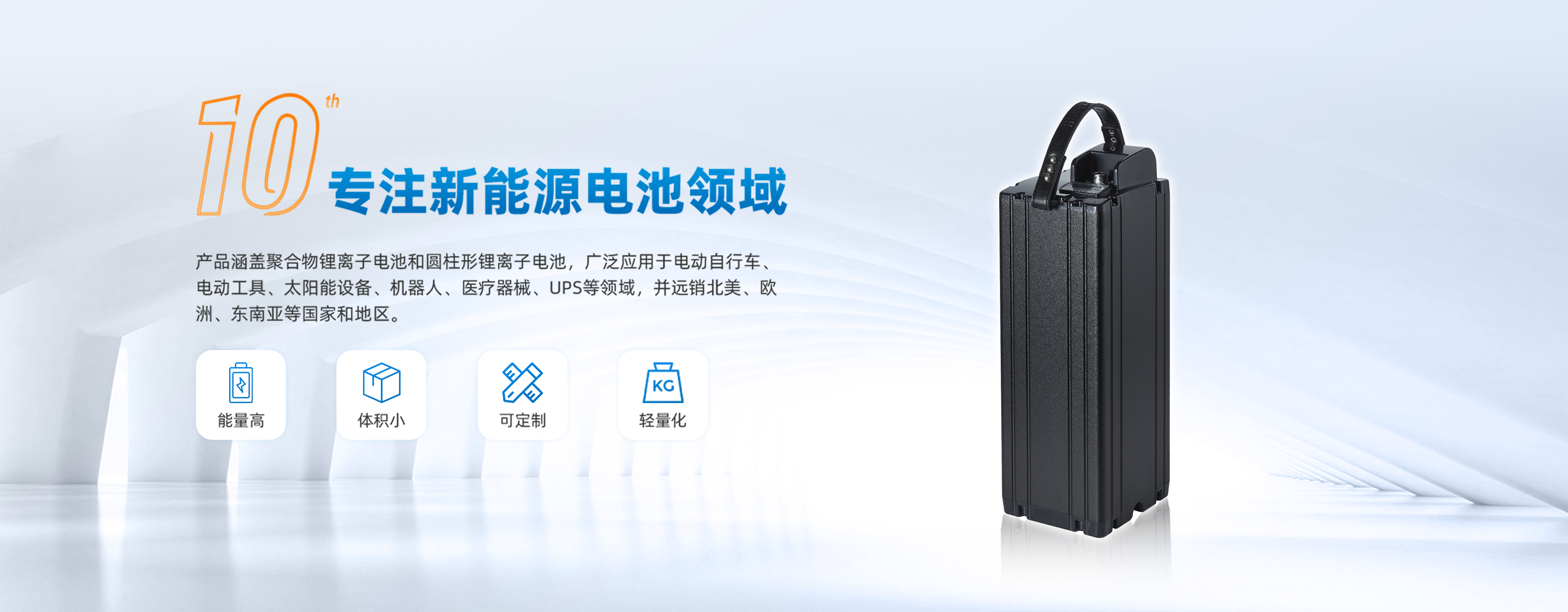
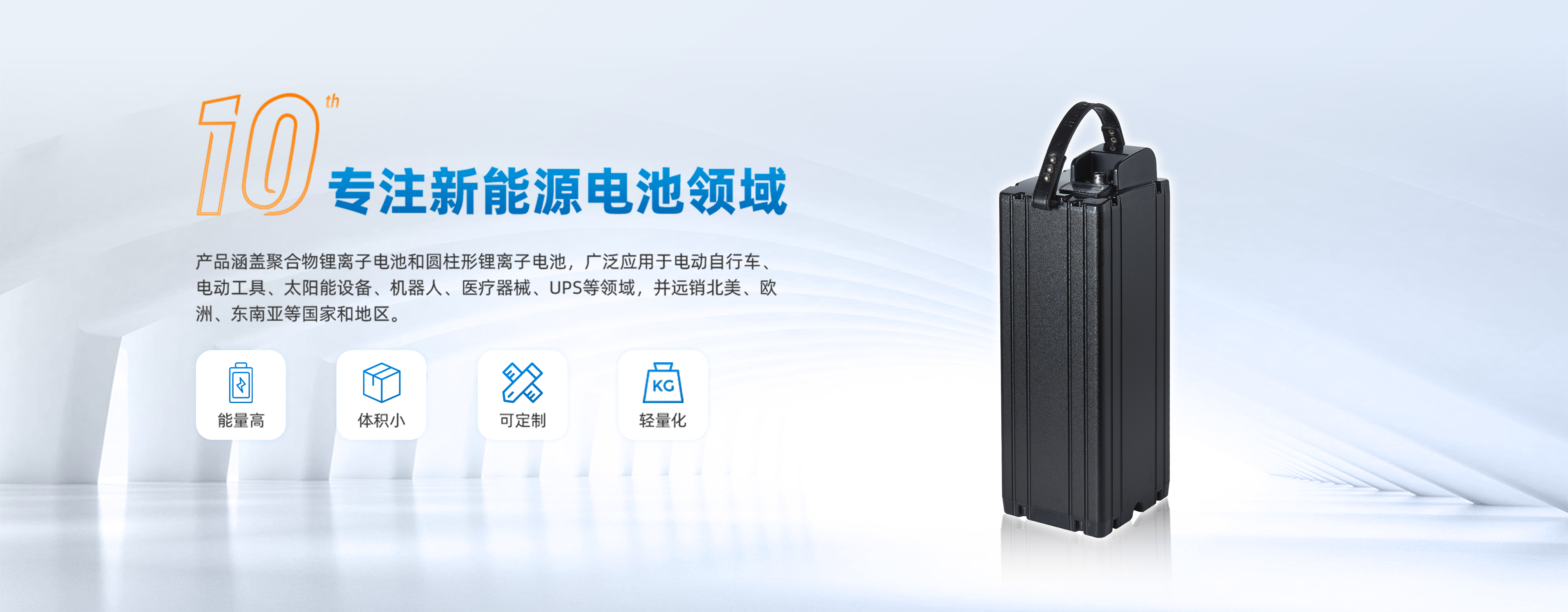
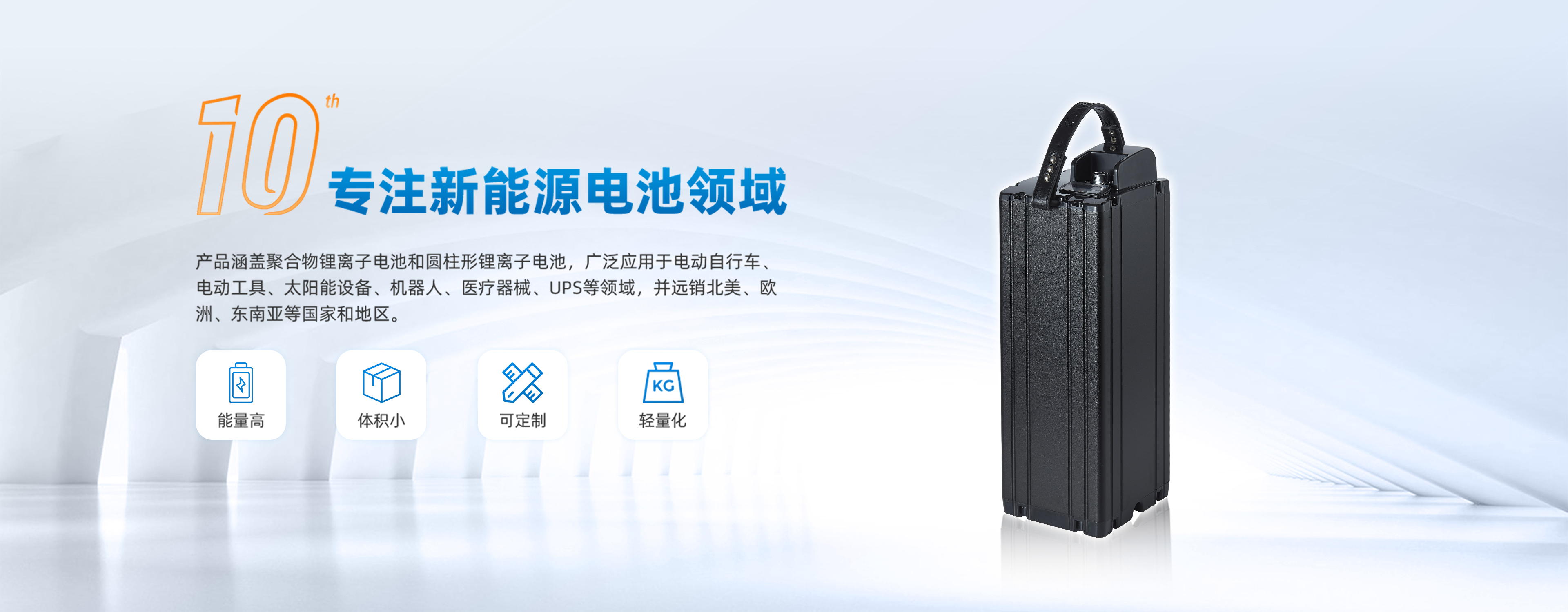



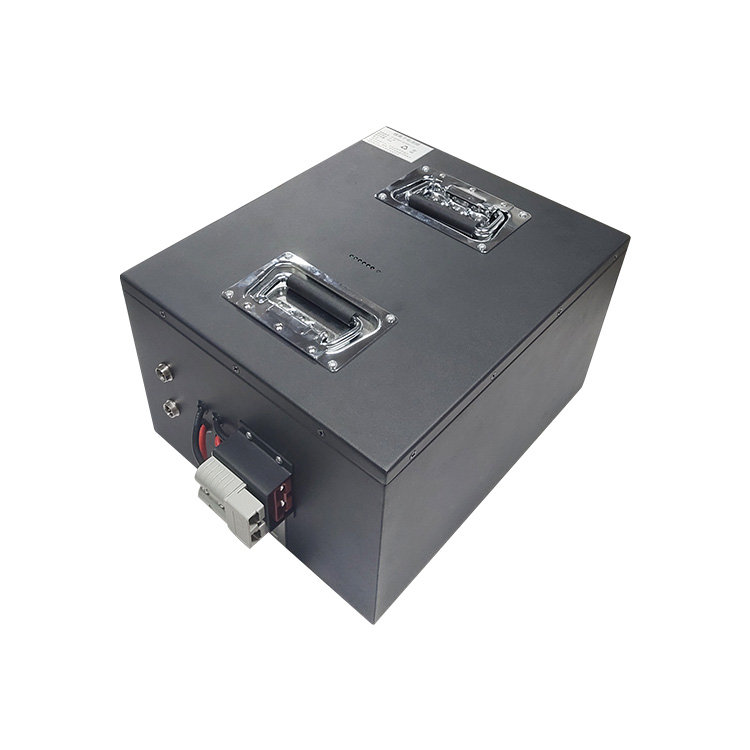


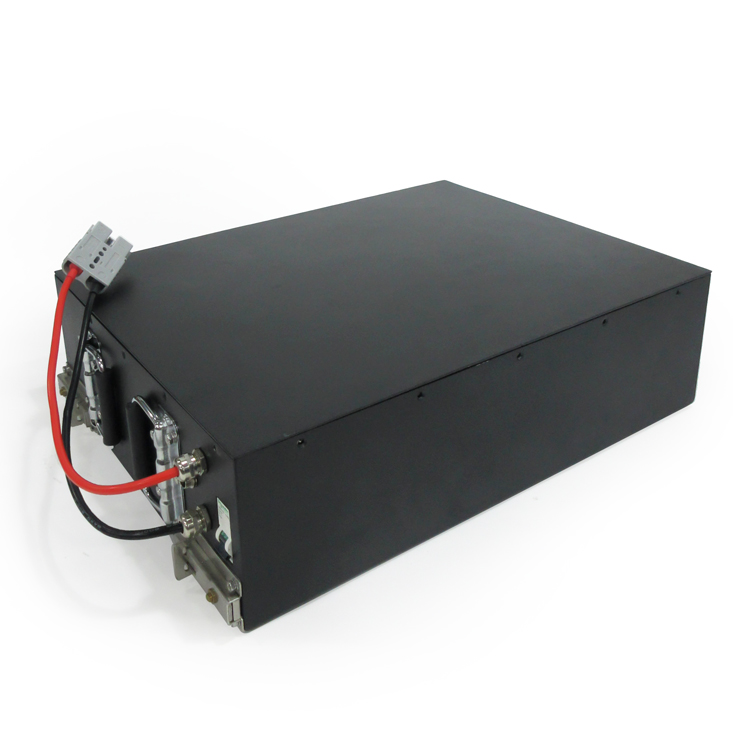

 Yue Gong Wang An Bei No. 4419002007491
Yue Gong Wang An Bei No. 4419002007491